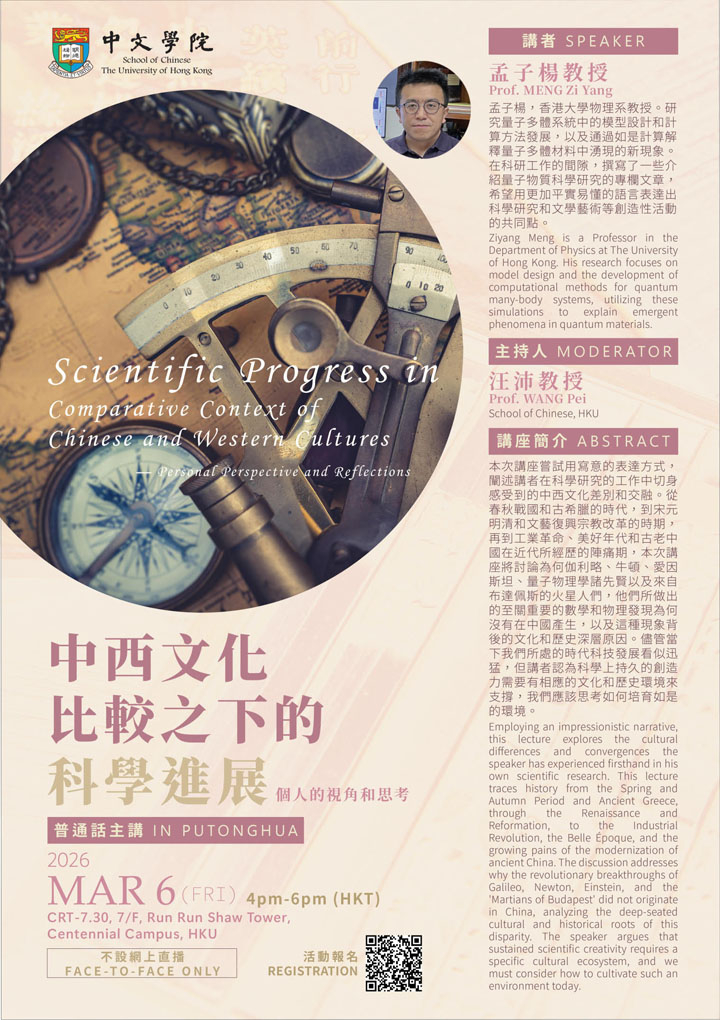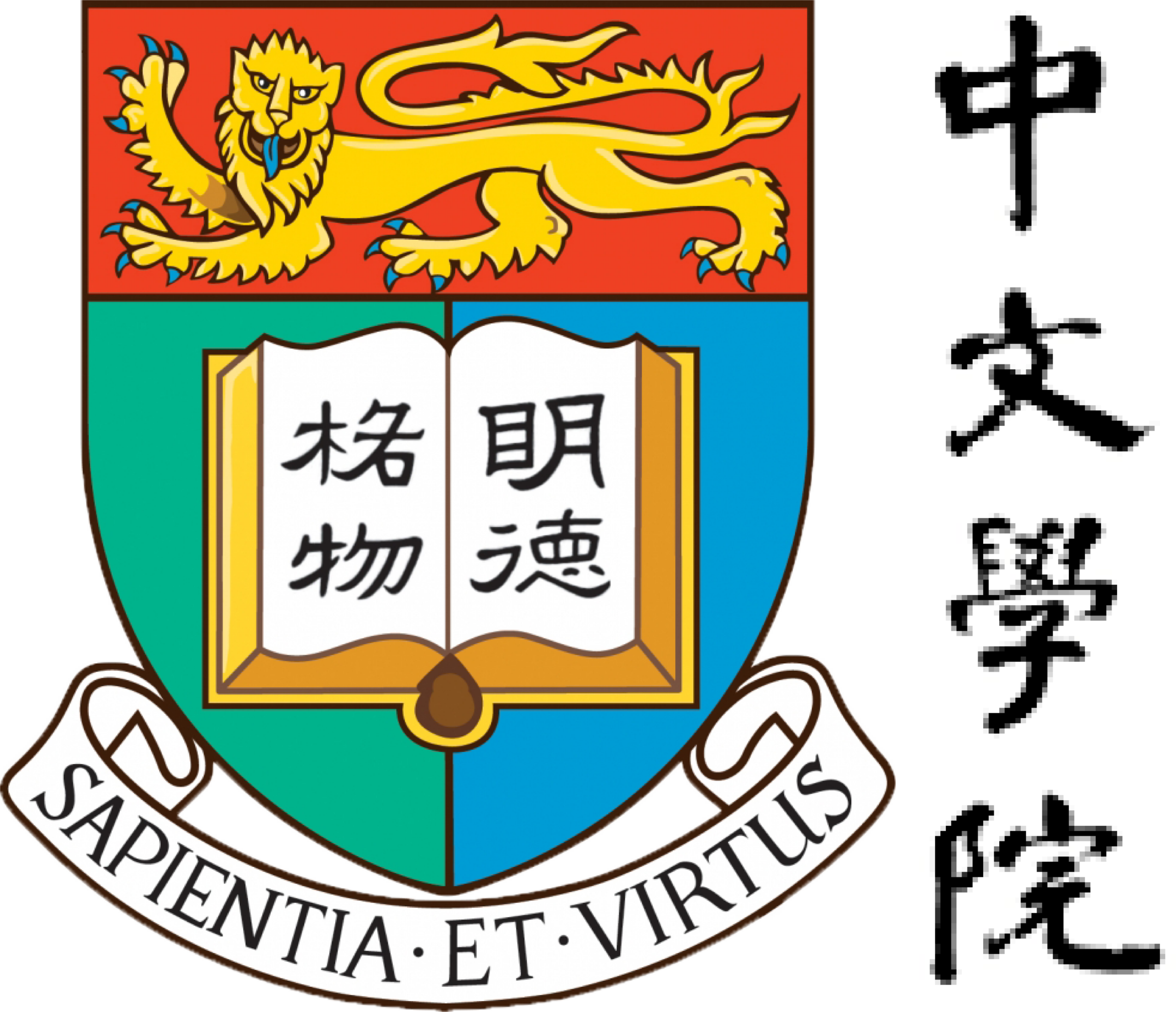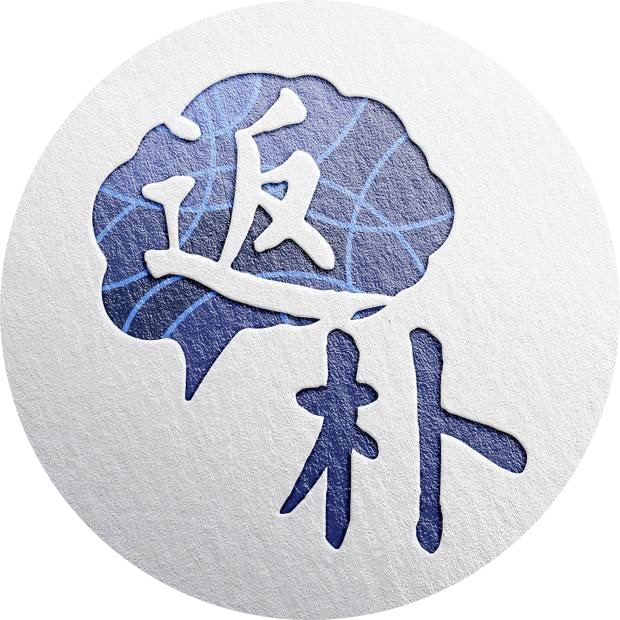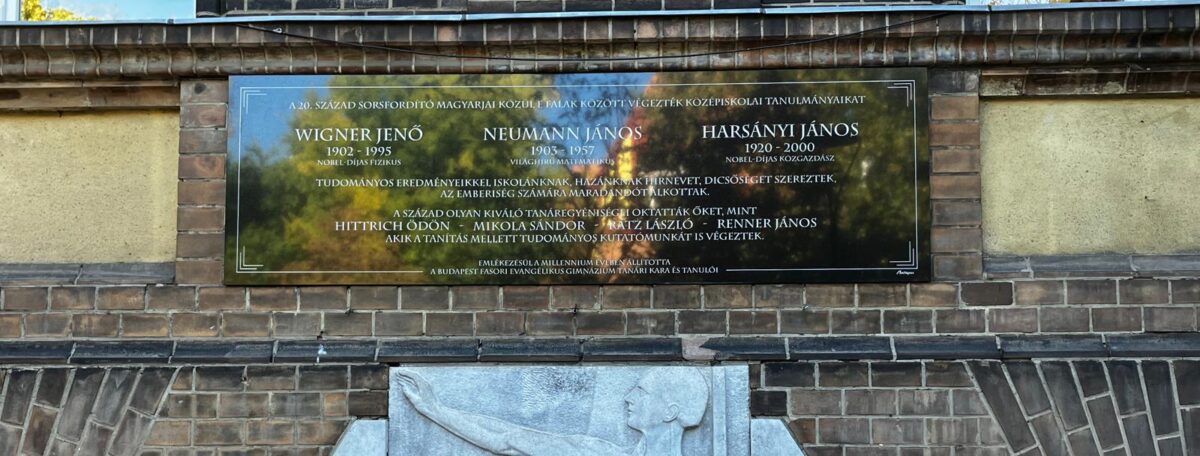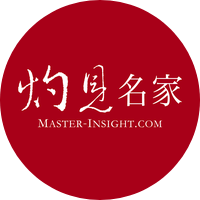HKU PHYS8202: Quantum Many-Body Computation
Purpose of the Course:
Computational approaches are playing increasingly important roles in the advances of condensed matter physics and quantum material research, particularly in quantum many-body systems. In recent years, a new trend of research, combining computational methods, such as exact diagonalization, quantum Monte Carlo, tensor network and neural network, and theoretical approaches such as quantum field theory and symmetry analysis, has emerged and enabled scientists to thoroughly, and in an interdisciplinary manner, investigate the highly entangled quantum phases of matter, 2D moiré materials, quantum simulators, etc. Considering these rapid developments and their lack of systematic education to senior undergraduate students, graduate students and researchers in Hong Kong and the GBA area, I have designed this course to cover from basic to advanced topics in quantum many-body computation and theoretical understanding in strongly correlation aspects of quantum materials. I plan to teach the participants basic and live knowledge of modern quantum many-body computation, such that they can apply them into their research works in the corresponding areas.
Lecturer: Zi Yang Meng
Tutor: Min Long, Shibo Shan
